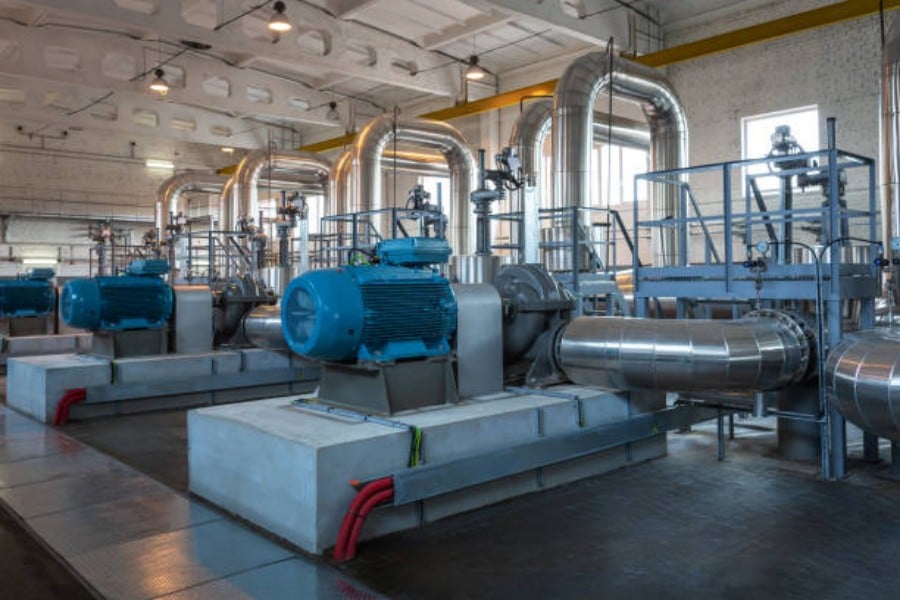Mechanical Water Pump: A Comprehensive Guide
When it comes to engine cooling, a mechanical water pump is a crucial component. It is responsible for circulating coolant through the engine to absorb heat and prevent overheating. In this article, we will discuss the different aspects of a mechanical water pump.
What is a Mechanical Water Pump?
A mechanical water pump is a centrifugal pump that is powered by the engine's crankshaft. It is usually driven by a belt or chain connected to the pulley of the water pump. The water pump utilizes an impeller, which is a rotating component that pulls the coolant from the engine and pushes it through the radiator and back to the engine.
Types of Mechanical Water Pump
There are two main types of mechanical water pump: standard flow and reverse flow. The standard flow pump circulates the coolant from the bottom of the radiator to the top of the engine. On the other hand, the reverse flow pump circulates the coolant from the top of the radiator to the bottom of the engine. Reverse flow pumps are usually found in engines with reduced clearance between the engine and the vehicle's hood.
Signs of a Failing Mechanical Water Pump
A failing mechanical water pump can lead to serious engine damage due to overheating. Signs of a failing water pump include leaks, noisy operation, coolant leaks, and overheating. It is crucial to replace a failing water pump immediately to prevent engine damage.
Maintenance and Replacement
Mechanical water pumps require regular maintenance to ensure optimal performance. This includes inspecting the belts and pulleys, checking for leaks, and replacing the pump if necessary. Water pumps typically last between 60,000 and 100,000 miles, but this can vary depending on the vehicle's usage and maintenance.
Performance Upgrades
Several performance upgrades are available for mechanical water pumps. These upgrades include high-flow pumps, billet aluminum pumps, and electric water pumps. High-flow pumps increase the coolant flow rate, improving engine cooling. Billet aluminum pumps are more durable and offer improved corrosion resistance compared to stock pumps. Electric water pumps are more efficient and can be controlled by the engine's computer for optimal performance.
Compatibility with Aftermarket Radiators
When upgrading your engine's cooling system, it is crucial to ensure compatibility between the water pump and the radiator. Some aftermarket radiators require specific water pumps for optimal performance. It is recommended to consult with a professional mechanic or radiator manufacturer for recommendations.
Installation Tips
When installing a mechanical water pump, it is crucial to follow the manufacturer's recommendations. Use the correct gasket and torque specifications to prevent leaks and ensure optimal performance. Additionally, it is recommended to replace the thermostat and coolant when replacing the water pump to prevent contamination and ensure optimal coolant flow.
Importance of Coolant
Coolant plays a crucial role in engine cooling and the performance of the water pump. It protects against corrosion, freezing, and boiling, while also providing lubrication to the water pump. It is crucial to use the correct coolant type and maintain proper levels to ensure optimal engine cooling.
Cost of Replacement
The cost of replacing a mechanical water pump can vary depending on the vehicle's make and model. On average, the cost can range from $200 to $800, including parts and labor. It is recommended to consult with a professional mechanic for an accurate estimate.
Conclusion
A mechanical water pump is a crucial component of your engine's cooling system. It ensures optimal engine cooling and prevents overheating, which can lead to serious engine damage. Regular maintenance and replacement are crucial to ensure optimal performance and prevent engine damage. Consider upgrades and consult with a professional mechanic when upgrading your engine's cooling system.

